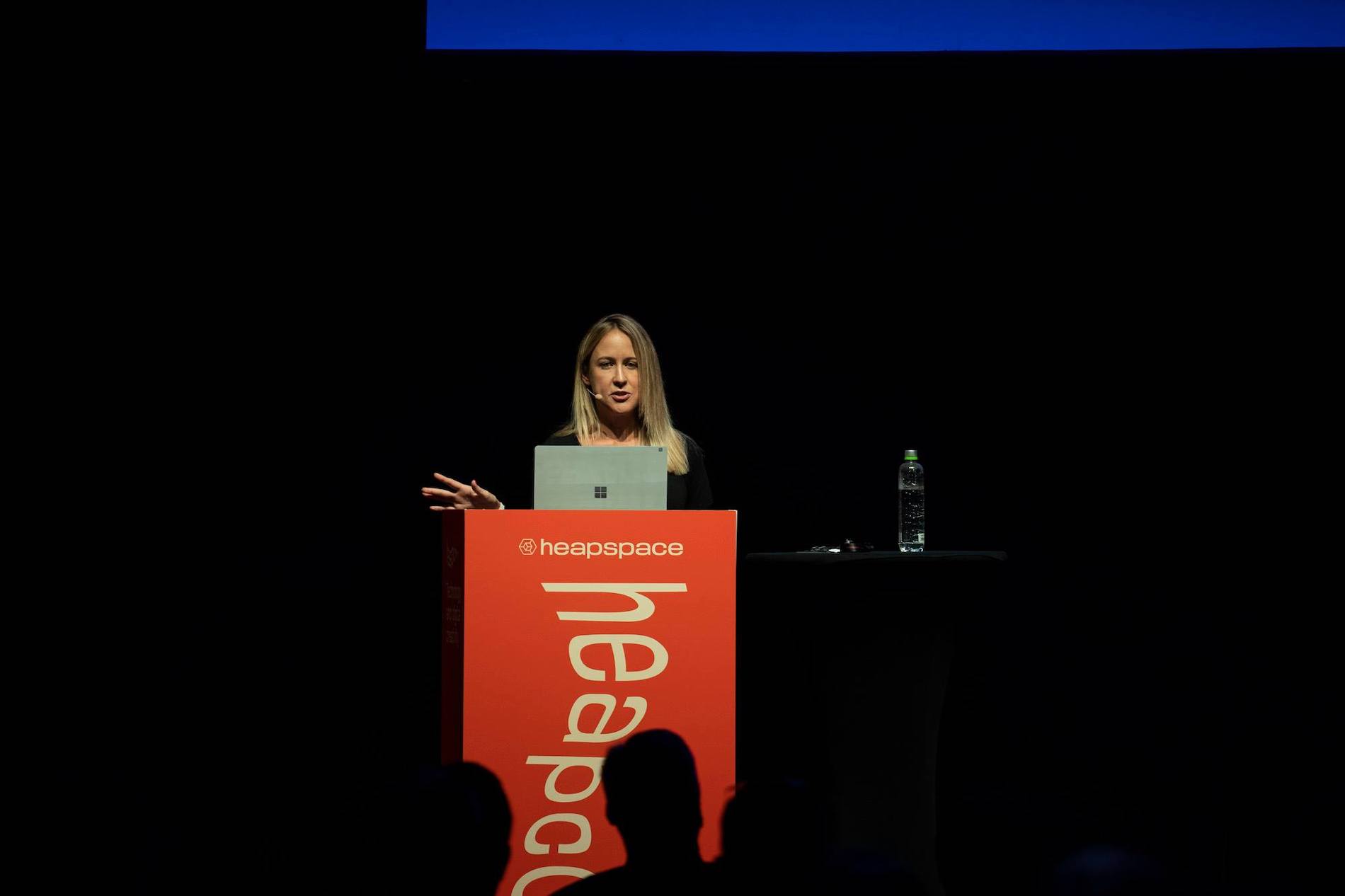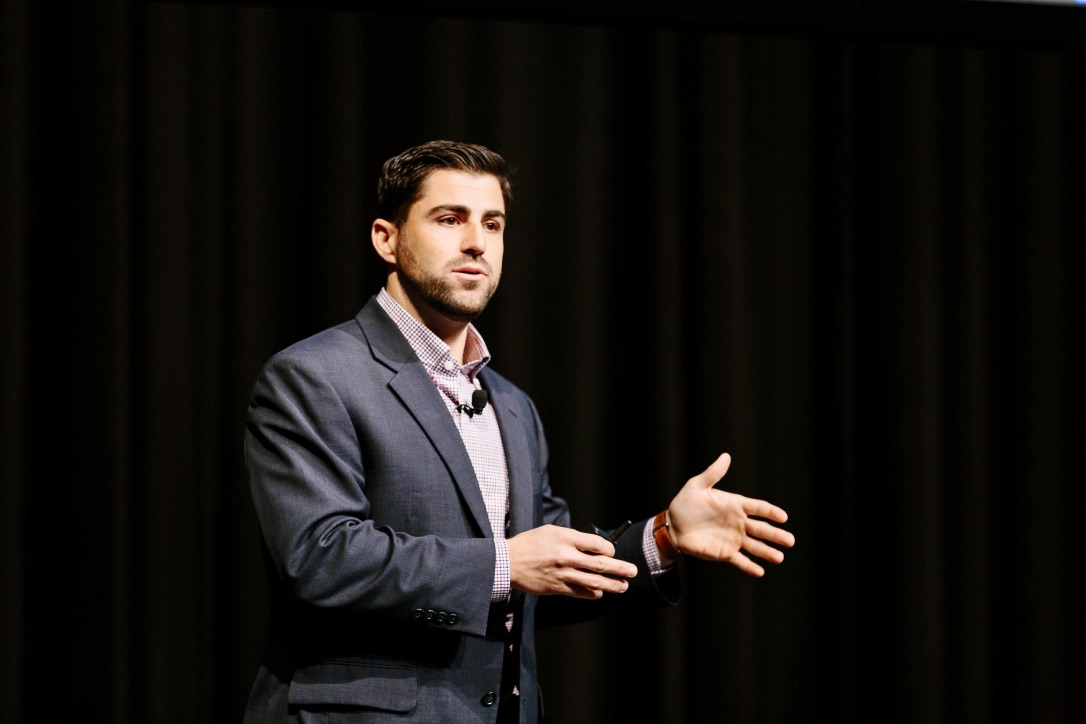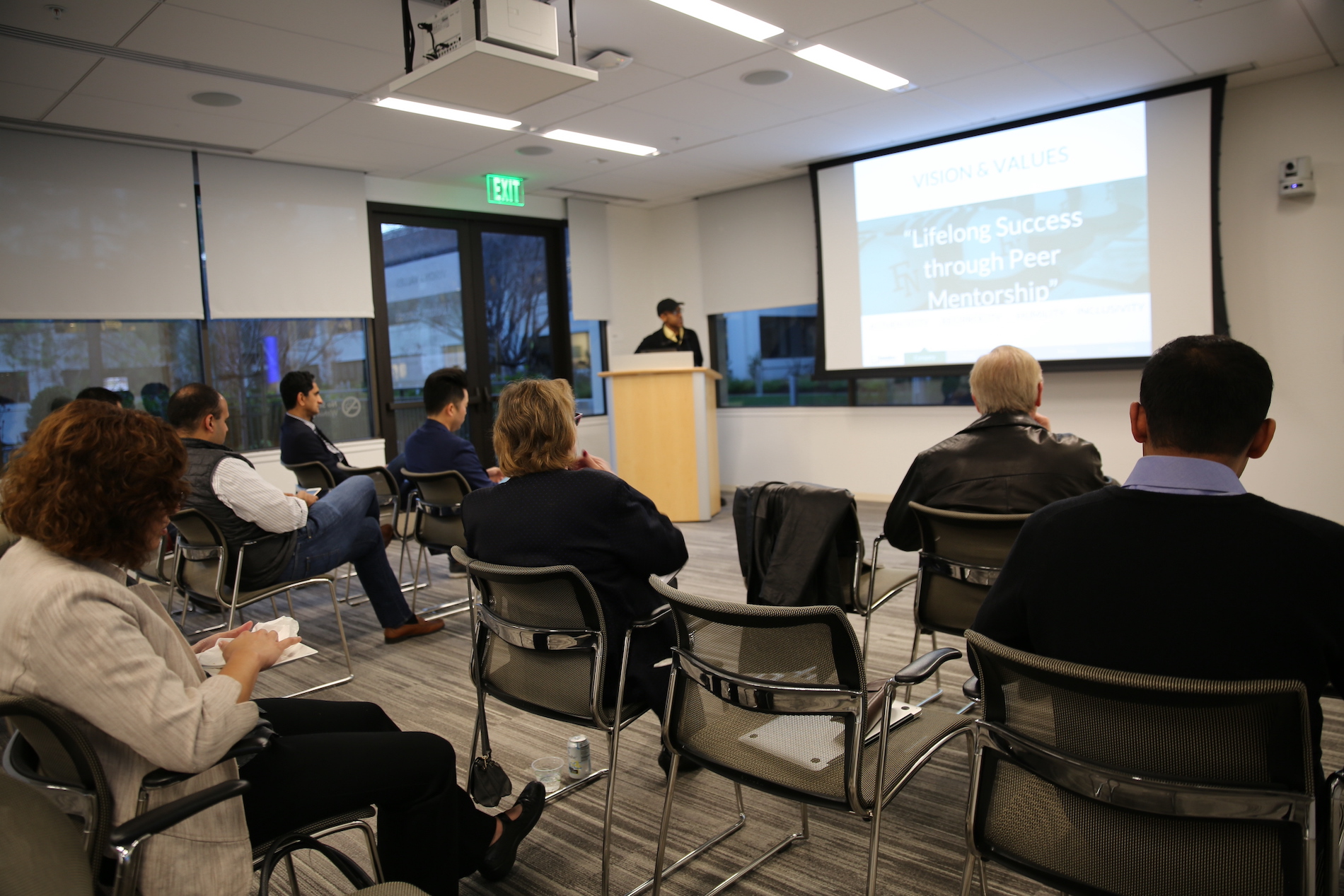
As co-founder of Telesign, Stacy Stubblefield recalls that the startup journey was “painful” at first. But along the 15-year path from a small Los Angeles-based incubator to an eventual acquisition by BICS for $230 million, there were several lightbulb moments when Stubblefield and her team knew they were on to something big.
The origin of Telesign was serendipitous. Stubblefield and her co-founders had an acquaintance running an online backgammon gambling website, who was dealing with the problem of players using stolen credit cards. The team built a system for verifying the cards, and “we knew we had to turn it into a business,” she says.
At a Founders Network keynote, Stubblefield shares her key learnings from founding and selling a security startup. Register at Founders Network for a complimentary pass, or check to see if you qualify for full membership and get insights on how to:
-
-
- Gain credibility as an early-stage startup
- Leverage your first big client for long-term gains
- Know when to pivot or spin off new products
- Balance growth with maintaining high-quality relationships
- Use common sense to make strong strategic choices
-
Click here to watch the ENTIRE video
or explore our entire event video library
One of the early hurdles was acquiring customers. It was grunt work in the beginning, involving a lot of cold emails to decision-makers at various large companies. But that work paid off when Telesign landed two name-brand clients.
“Getting a large company to use you when you have no real clients is a challenge, and so is getting them to take you seriously.” - @TeleSign Share on X“The first account was small, initially involving just one team at a tech giant,” she says. “But it lended major credibility to the bootstrapped startup,” Stubblefield adds.
“The first challenge was reputational: Getting a large company to use you when you have no real clients is a challenge, and so is getting them to take you seriously and not see you as a huge risk,” she says.
One major client wound up acting “almost as a VC” for Telesign for some time, funding much of its operation as the startup landed more clients, grew and began gaining a reputation within the growing niche of identity solutions for web and mobile brands. Startup founders can benefit from brand-name clients, but ones that, unlike in certain compliance-heavy industries, are open to testing out new technology.
“A strong team is very important: Make sure your co-founders are people you can rely on and say anything to.” - @TeleSign Share on X“In establishing that first major client, you’re looking for a company with a good reputation that’s willing to take risks,” she adds.
Scaling was one of the next challenges. Telesign’s co-founders discovered that their customers were asking for more and more transaction volume, and that was a difficult challenge for the then-small team, even taking them offline at one point. But after solving that scale problem, “it made the service very strong and reliable,” Stubblefield recalls. Along the way, they learned the ins and out of telecommunications and what various industries need in terms of software.
“We were growing the company while maintaining a high quality of relationships with clients, and keeping a pulse on what’s going on on the ground,” she adds.
“So much of business is common sense; a lot of people overthink things and make bad choices because they’re not using their own common sense.” - @TeleSign Share on XStubblefield’s words of advice for founders include making sure that, from the get go, you have great working relationships with your co-founders and early team: “A strong team is very important: Make sure your co-founders are people you can rely on and say anything to,” she says.
Being flexible and willing to pivot, spinning up new features and products when you see organic demand developing, is also very important to software startups. “It’s okay to make mistakes,” she says, “but it helps to be good at correcting them and learning from there.” In the case of Telesign, the company managed to remain nimble, responsive to clients’ concerns, and in touch with employees as it grew. Eventually, it was acquired by a Belgian telecoms giant for $230 million.
“So much of business is common sense; a lot of people overthink things and make bad choices because they’re not using their own common sense,” she says.






